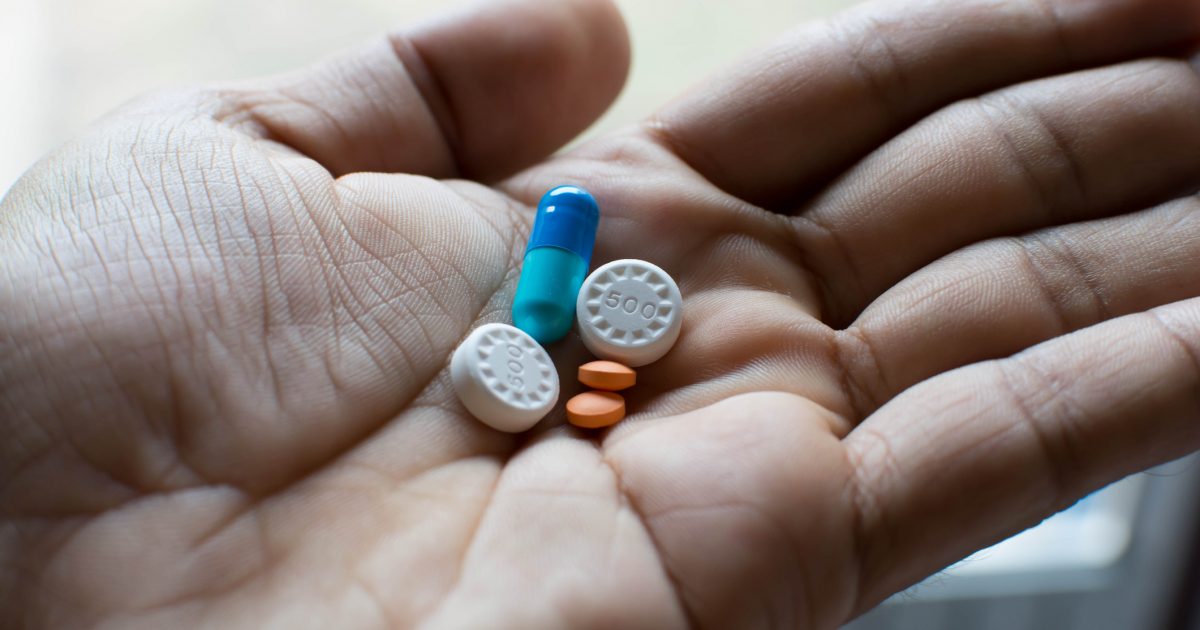Treating Gut Fermentation Syndrome
Gut fermentation syndrome is a rare condition marked by the overproduction of yeast in the gut that turns any sugar consumed into ethanol, the primary component of alcoholic beverages. This results in a sensation of intoxication even without the recent consumption of alcohol. Symptoms include mental fog, fatigue, body aches, abdominal pain, bloating, excessive gas, disruptions in bowel regularity, nasal discharge, sinus pressure, and cravings for sweets. Gut fermentation syndrome can also cause individuals to suffer damage to their relationships and social status, such as being cited for appearing intoxicated. Get to know the major ways in which this condition is treated now.
Antibiotics

Antibiotics are powerful classes of medications used to combat infections caused by invading bacteria in the body. Used correctly, they can give the immune system a chance to take over the fight. They have been responsible for saving countless lives, but they are not without risk. They do not distinguish between the good and bad bacteria of the body and can thus eliminate microorganisms vital to the body’s many functions. This can leave the user’s body out of balance, giving some microorganisms, like yeast, the chance to grow unchecked. Incidents of gut fermentation syndrome often occur after the use of these medications; therefore, a proactive method of treatment is to avoid excessive use and misuse of these drugs.
Continue reading to reveal more strategies for treating gut fermentation syndrome now.
Reduce Consumption Of Carbohydrates

Fermentation is a normal phase in the digestive process. It is how our food gets broken down and its nutrients absorbed. Normally, this occurs in the colon, but for patients with gut fermentation syndrome, this process is triggered earlier in the digestive tract. Diets rich in carbohydrates can be a significant trigger. Our bodies work hard to maintain a fragile balance between its various components, so the slightest tip in any direction can have drastic effects. For individuals with gut fermentation syndrome, larger quantities of yeast are extracted from starchy foods like potatoes, rice, pasta, and bread, and then stored by the body. Usually, a degree of yeast in the body is harmless, at times even beneficial to the immune and digestive systems. However, a surplus of fungi can result in the increased production of ethanol. Thus, reducing the amount of carbohydrates consumer can help reduce symptoms of gut fermentation syndrome.
Learn more about treating this condition now.
Reduce Sugar Intake

Yeast feeds off sugar. In more advanced phases of gut fermentation syndrome, excess yeast trapped in the body begins to react with any sugar the individual consumes, ensuring the production of alcohol in the gut. Some providers may strictly reduce or eliminate sugar intake during the initial treatment phase to ensure adequate recovery. This may also include any foods or beverages that break down into sugars in the body, such as carbohydrates and alcohol. After the patient has recovered from an episode, sugars may then be reintroduced to the body in limited quantities. Patients may need to maintain a diet low in sugar and high in protein, non-starchy vegetables, and healthy fats to prevent future recurrences.
Get to know more strategies for treating gut fermentation syndrome now.
Take Probiotics

Often, the ratio of good bacteria in the gut can be thrown off by things like medications or certain foods. The choice to take probiotics can help relieve symptoms of gut fermentation syndrome by restoring balance to the body’s natural flora. Probiotics are made of living microorganisms, and they repopulate the body with the good bacteria necessary for the proper digestion of food. They also help food flow more easily through the body by stimulating the nerves responsible for controlling movement along the digestive tract. Individuals can take probiotics as a supplement or find them in foods such as yogurt, some dairy products, and fermented foods.
Keep reading for more gut fermentation syndrome treatment methods.
Antifungal Therapy

Antifungal therapy targets the stockpiles of yeast in the body in an effort to reduce their numbers. This is accomplished through the use of antimycotic agents and has been proved to be effective in treating gut fermentation syndrome. These medications work by killing or crippling fungi, such as yeast, in the body. Some of them accomplish this by destabilizing the fungi cells themselves while others are geared at disrupting the ability of the fungi to move throughout the body. Individual response to such treatments can vary, with some recovering quickly and others taking much longer. As with any medication, the risk of side effects should be discussed with your healthcare provider to ensure your body is in the optimal condition to receive such treatment.
